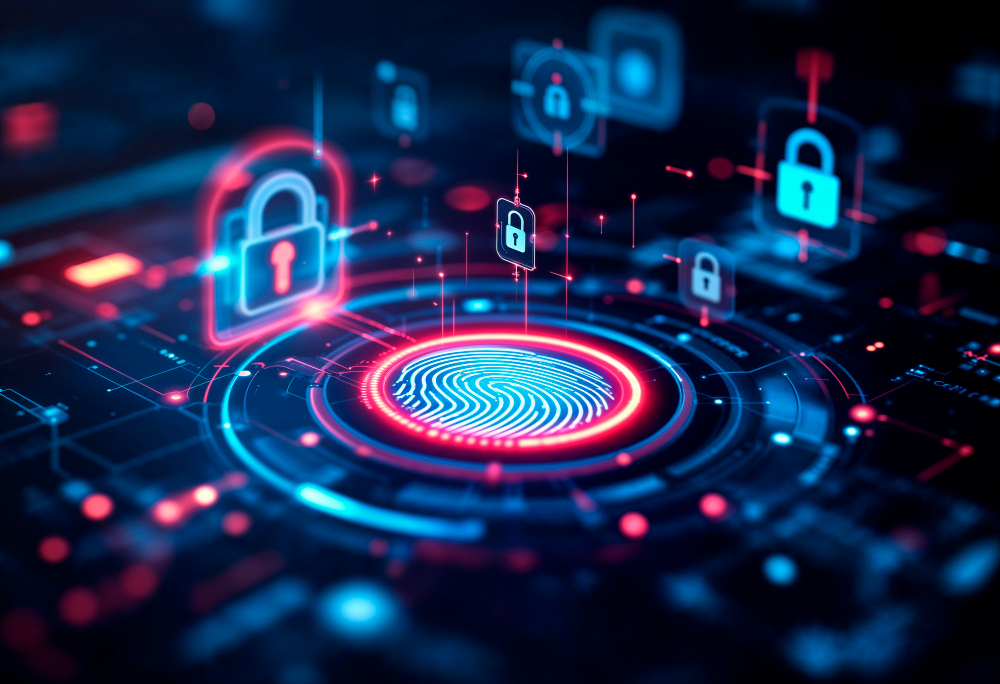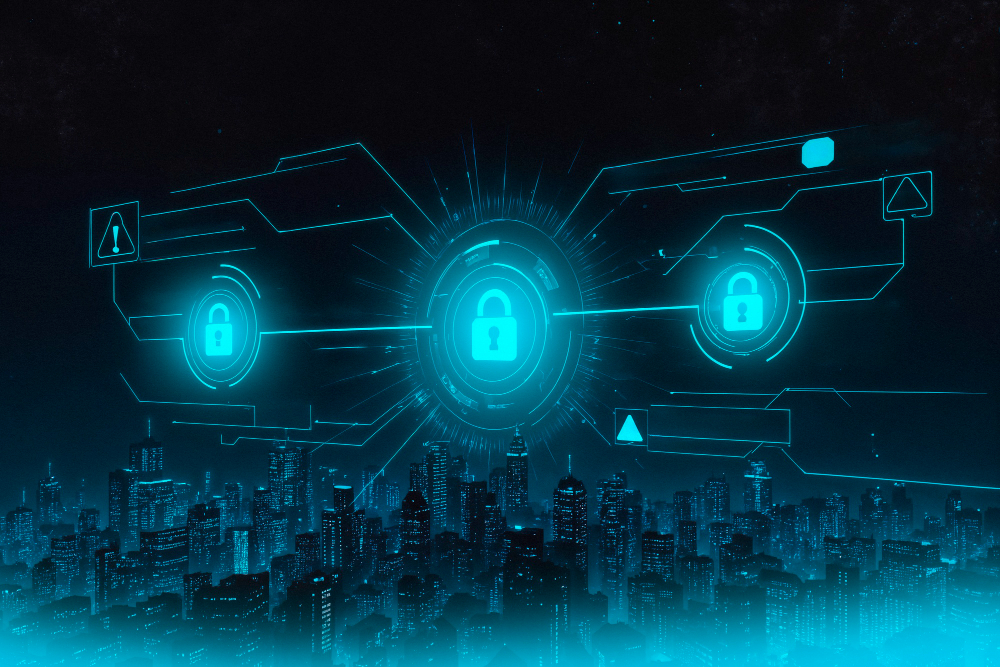Why Partnering with Leading Cybersecurity Companies in the UAE and GCC Is Essential for Business Success
Cybersecurity is no longer optional, it’s a business necessity. From ransomware attacks to data breaches, the risks are real and costly. This is why partnering with cybersecurity companies in UAE and GCC is essential for protecting your digital assets and maintaining customer trust.
1. The Rising Cyber Threat Landscape in the UAE and GCC
The UAE and GCC have embraced digital transformation at an impressive pace. Smart cities, e-governance, online banking, and cloud-based businesses are booming but this growth also attracts cybercriminals.
Recent reports show a significant rise in phishing, malware, and ransomware attacks targeting organizations in the Middle East. Without a robust defense strategy, even a small vulnerability can lead to massive data loss and reputational damage.
Local cybersecurity companies in UAE and GCC understand the regional threat landscape better than anyone. They stay updated on emerging threats and ensure businesses remain one step ahead of attackers.

2. Expertise Aligned to the UAE’s and GCC’s Business Environment
Partnering with a UAE and GCC based cybersecurity companies means gaining access to professionals who understand local regulations, compliance standards, and data protection laws such as the UAE’s Personal Data Protection Law (PDPL).
These companies provide customized solutions for various sectors like banking, healthcare, government, and SMEs ensuring your organization’s security strategy aligns perfectly with both business goals and legal requirements.
3. Comprehensive Protection Across All Layers
Cybersecurity isn’t just about installing antivirus software. It’s a multi-layered approach that involves:
- Network Security: Protecting your systems from unauthorized access.
- Email Security: Preventing phishing and data leaks.
- Endpoint Security: Safeguarding devices like laptops and mobile phones.
- Data Loss Prevention (DLP): Ensuring sensitive data stays within your organization.
- Cloud Security: Securing your digital infrastructure in hybrid and remote environments.
Partnering with trusted cybersecurity providers in the UAE and GCC ensure that every layer of your IT environment is covered with advanced tools and 24/7 monitoring.
4. Faster Incident Response and Recovery
Even with the best security measures, cyber incidents can still occur. What matters most is how quickly you respond.
Cybersecurity companies in UAE offer Managed Detection and Response (MDR) services, ensuring immediate threat identification, containment, and recovery minimizing downtime and financial loss.
Having an expert team on call can mean the difference between a quick fix and a full-blown crisis.
5. Cost-Effective and Scalable Solutions
Building an in-house cybersecurity team is expensive and resource-intensive. Partnering with specialized cybersecurity companies in UAE and GCC allow you to access advanced technologies and expert talent without high overhead costs.
These partnerships are scalable whether you’re a small business or a large enterprise, you can tailor the security services to your needs and budget.
6. Enhancing Customer Trust and Business Reputation
In the digital age, trust is everything. Customers and partners expect your organization to protect their data. A single breach can destroy years of reputation and customer confidence.
Working with a recognized cybersecurity company demonstrates your commitment to safeguarding data, enhancing your brand’s credibility and competitive advantage in the UAE and GCC market.
7. Staying Ahead with Continuous Innovation
Leading cybersecurity firms in UAE and GCC leverage Artificial Intelligence (AI), Machine Learning (ML), and automation to detect and prevent threats in real time. Their proactive approach ensures your business remains secure as new attack methods evolve.
Conclusion
In an era where cyber threats evolve daily, no business can afford to take chances. Partnering with cybersecurity companies in the UAE and GCC provide peace of mind, compliance, and resilience against potential cyber risks.
Whether you’re an SME or a large enterprise, investing in the right cybersecurity partner is not just a technical decision, it’s a strategic move to secure your business future in the digital economy.
Cybersecurity refers to the practice of protecting systems, networks, and data from digital attacks, unauthorized access, and damage.
Because cyberattacks can lead to data breaches, financial loss, reputational damage, and legal penalties.
Common threats include phishing, ransomware, malware, social engineering, and insider threats.
Unusual logins, slow performance, missing files, or unauthorized data transfers are common signs.
Immediately isolate affected systems, change passwords, notify your IT/security team, and report the breach if required by law.
Partnering with local cybersecurity experts ensures compliance with UAE and GCC regulations and provides faster response and tailored solutions.
Services typically include vulnerability assessments, penetration testing, incident response, data protection, cloud security, and compliance consulting.
At least once or twice a year — or after any major system change or cyber incident.
A SOC is a centralized unit that continuously monitors and responds to security incidents across an organization’s IT environment.
They follow UAE data protection regulations, government cybersecurity frameworks, and industry-specific compliance standards (like ISO 27001 or GDPR).
Penetration testing (or ethical hacking) simulates real-world cyberattacks to identify and fix vulnerabilities before attackers exploit them.
It protects devices like laptops, phones, and servers from cyber threats using antivirus, encryption, and monitoring tools.
Cloud security focuses on protecting cloud-based applications and data using access control, encryption, and compliance policies.
MFA adds an extra layer of security by requiring users to verify their identity using more than one method (e.g., password + mobile code).
Zero trust assumes no user or device is trusted by default — every access request must be verified and authorized.
It’s the continuous assessment and improvement of an organization’s security readiness, identifying gaps and reducing risks.
AI detects threats faster, automates responses, and identifies patterns that may signal potential attacks.
Employees are often the first line of defense. Regular awareness training helps prevent phishing and social engineering attacks.
Expect increased use of AI-driven defense, zero trust frameworks, cloud security, and identity management solutions.
By implementing basic measures: strong passwords, regular updates, backups, MFA, and partnering with managed cybersecurity providers.

